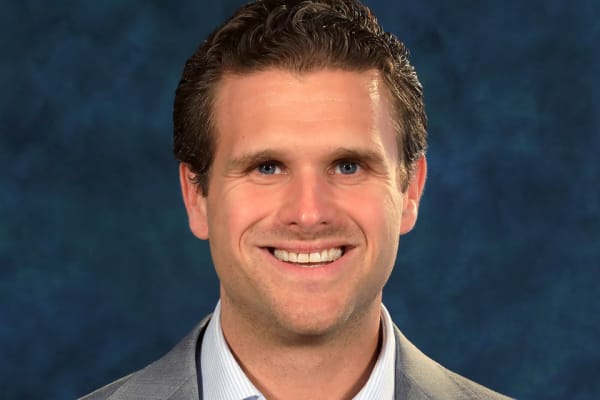by Menzie Pittman, author of The New Musician
When we make the decision to learn an instrument, we are choosing to tackle an undertaking of many colors and dimensions. Taking an interest in music, or any artistic practice, opens up the gateway to the world of creative expression, and we have the opportunity to meet our best creative self. Sports offer us many of the same disciplinary opportunities as music, and while athletics can certainly be creative, there is one major key to entering the world of music specifically: It’s personal.
As you grow into your new role as a musician, you must come to terms with a few hard realities. Ask yourself — Do I wish to pursue music solely as a hobby, or do I believe I can be good enough to make music my livelihood?
It is a huge commitment to “master” an instrument. Mastery, of course, is a subjective term, but to play to any level of true success takes a significant amount of time and dedication.
There are a mind-boggling amount of learning tools available to today’s rising musicians. Nearly everything is a simple click away, including gazillions of YouTube videos with which you can bombard your brain. Here is where today’s musicians encounter their first problem — Anyone can post on YouTube, so the quality of the information is not consistent, and if you are a novice, you may not pick up on the subtle (or often not so subtle) differences. As music educators, we now have to compete with the reality that faster is perceived as better.
Some YouTube creators, like music analyst and educator Rick Beato or Nashville-based guitar legend Tom Bukovac, provide high-quality content and valuable insight. Channels like these can be the answers to a musician’s prayers. Old school musicians would have died for the fast access available to music students today; this level of insider knowledge and technical insight is just a click away. However, there is one important ingredient missing. When garnering information from videos, there is no exchange of dialogue, making it difficult to ask questions. This makes it so that established players have a better shot of benefitting the video approach than novices.
Because of these technologies, old school musicians experienced a different reality than today’s musicians in terms of training and learning their instruments. The amount of information accessible to today’s new musicians is mind numbing, however, these musicians can still benefit greatly from returning to some of those old school, time-tested practices.
Knowing your craft and training your ear
Knowing your craft is still at the top of the list, and the old adage “ears the size of an elephant’s” is still relevant. Playing with tracks is a helpful training practice, but playing live with other musicians will always take you to the dance.
Authenticity is always the best musician in the room
In my experience, authenticity comes from the heart and not the head. It has nothing to do with money or resources. It stems from understanding the reasons behind your craftsmanship, your passion, and your sense of expression. It has nothing to do with acceptance or approval.
This understanding can apply to business as purely as it does to artistic expression, because in truth, they are the same thing. By choosing music as a profession, you have chosen a path with many hills and valleys. If you play music for pleasure, some of the demands may lesson, but your respect for the craft should remain the same.
Sorry — no short cuts allowed!
When I studied music, my teacher was pure old school. This meant that he did not embrace short cuts; he just didn’t think they served musicians well. In his eyes, a worthy short cut was learning how to sight read, or honing your craft. I suppose these standards can be relaxed a bit if you play music as a hobby, but hobbyists are often well served to steal from the same playbook as career musicians. Why leave that standard of excellence on the table?
Most successful leaders know that this standard is just as easily applied to business as it is craft, particularly when it comes to customer relations.
Time-tested practices still serve you well.
Music is an art form and a craft. The players have great feel when they play because they have learned to be patient. They play with great time because they listen like detectives. They respect the process, and they embrace authenticity.
Listen to the greats and you will never go wrong. Musicianship is a slow and heartfelt process!




